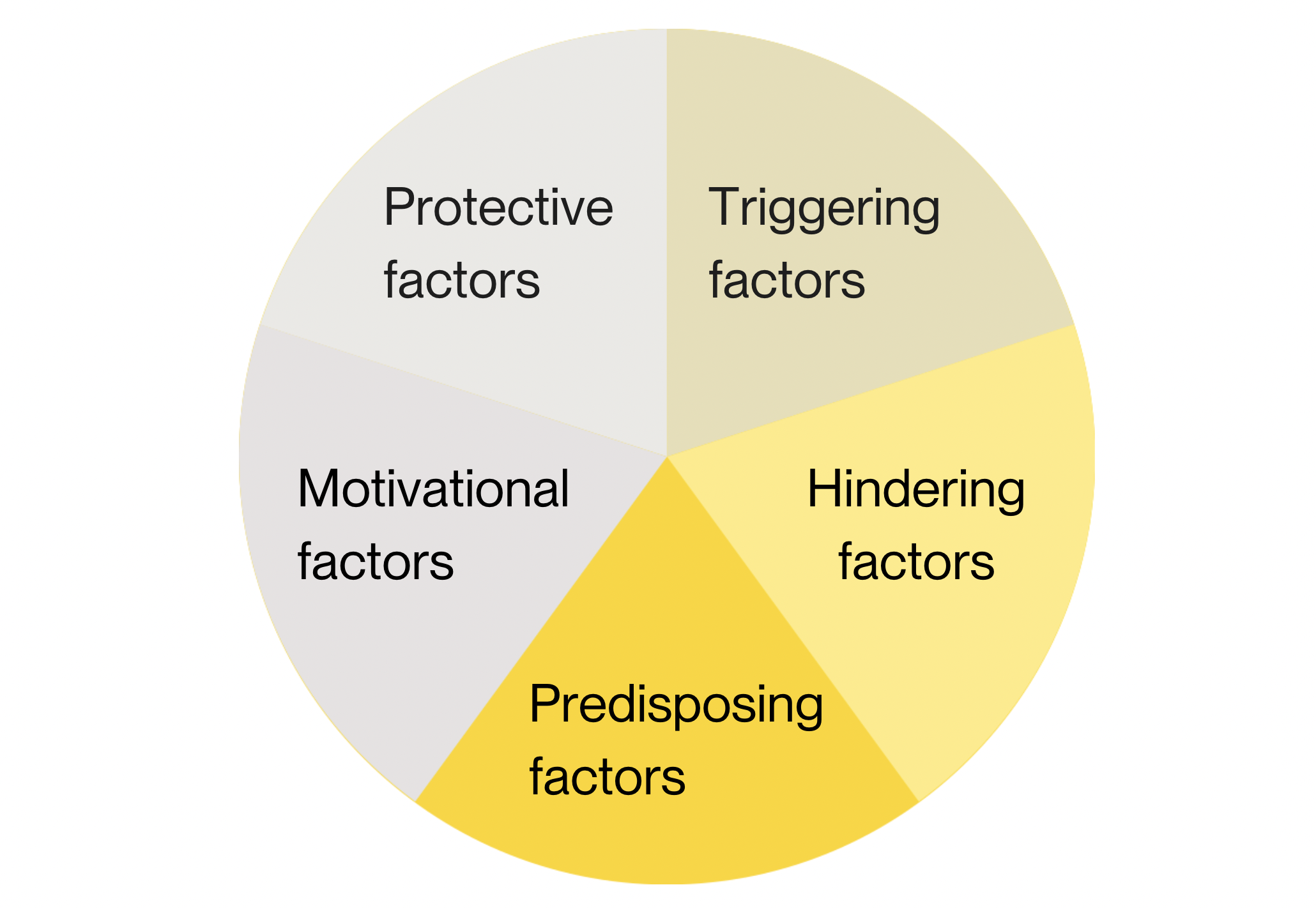The importance of psychological formulation in mental healthcare evaluation
Evaluating mental disorders
Can a client be diagnosed as having depression or an anxiety disorder if they score more than the cut-off point on a diagnostic questionnaire such as the BDI-21, CORE or GAD-7? For many of us clinicians, it is tempting but ill-advised to begin treatment once the score has been calculated. Why do we need psychology to flesh out the information provided by these scientifically valid and reliable tools?
Diagnostic questionnaires are a well-established practice in evaluating the severity of common mental disorders such as depression and anxiety in primary health care. And please don’t get me wrong. These questionnaires provide important information on the severity of the symptoms a person is suffering from. They can work as a shortcut for the professional to focus on the most serious symptoms and they have their uses in both gathering data for statistical use and evaluating the effectiveness of treatment. They may even have questions that work as red flags for severe issues such as self-destructiveness.
Tackling the underlying problems
The effectiveness of mental health care is often evaluated based on the effect it has on symptoms. The underlying goal however is to help the client either change the way they think or feel about the underlying causes of the symptoms. With questionnaires and quantified symptoms there however lies a risk that the encounter with the client and initial treatment plan becomes a technical and formal transaction instead of a genuine effort and alliance aiming at understanding and facilitating the changes that are needed.
Psychology and as an extension psychotherapy are often seen as highly personalized approaches that work through empathy, intuition and interaction. These concepts are challenging to quantify and are often seen as separate from quantifiable data, even within the field of psychology. If there only was a way to systematically approach matters of the mind…
Systematic psychological evaluation
Even if everything can’t be expressed by numbers, it can most certainly be approached in a systematic and repeatable way. After all, psychology is a science that studies the mind and emotions in a rigorously systematic way. This is where psychological formulation comes in.
Once it is established that certain symptoms are present, we need to find a relatable way of connecting them to the underlying causes. Formulation sets the scene for the psychosocial treatment to begin. Sometimes the link to the symptoms can be an easily identifiable life event such as grief over a personal loss or stress caused by an upcoming event with unforeseeable consequences. More often than not finding the link between the causes and symptoms takes time, trial and error.
Different elements of a case formulation
Psychological formulation is a systematic approach used to create hypotheses about these links and test them in interaction with the client. The benefits of formulation are that we learn not only of the underlying causes, but also set the problem into a more manageable framework. During the formulation process we also learn what the client considers to be ready to work on now and which issues would be a good starting point for the intervention used in treating the problem.
In conclusion, we need both easily classified information about the symptoms and qualitative data to understand the context these symptoms occur in. This is achieved by formulation.
Want to know more?
Download your free case formulation guide here to learn basics about case formulation, its theory and background. After reading the guide you’ll know why and how a proper case formulation is built in the beginning of a therapeutic intervention.


